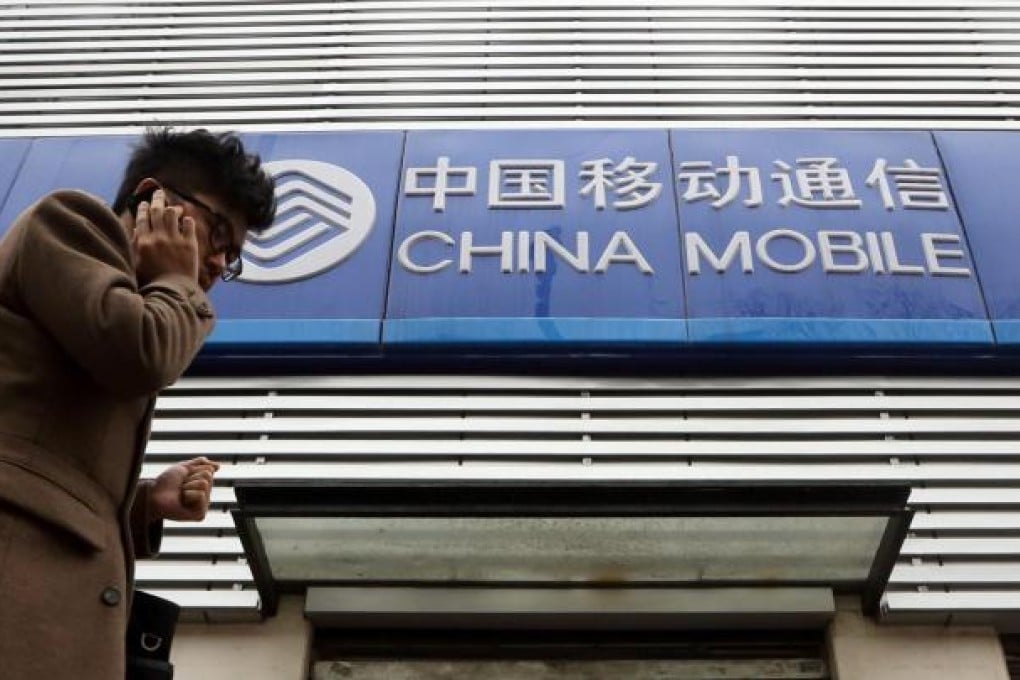Lai See | Government hangs up on Hong Kong's mobile phone users

The consultation period for government proposals to reallocate mobile frequency spectrum ends next week. For reasons best known to itself, the government wants to reassign the spectrum when the present arrangements expire in 2016. has yet to meet anyone who thinks this is a good idea.
Clearly, China Mobile - the one company that doesn't directly have access to 3G spectrum, though is able to lease it - disagrees, as indicated in its comments in the government's consultation document.
Why is Hong Kong doing this when its mobile operators are providing one of the most competitive services in the world? They compete and the government benefits from the lump sum they originally paid and from annual licence fees. In most other countries around the world, when the contract period expires, there is some discussion with the regulator and the system is rolled over, so long as operators are providing a good service and the spectrum is efficiently used.
My colleague Jake Van der Kamp has commented at length as to why the government is taking this route. He along with many others see the exercise as a device to enable state-owned China Mobile to get more of a foothold in the market.
As he noted, after an earlier government "study", a number of petrol station operators were turfed out and replaced by mainland state-owned firms PetroChina and Sinopec.
It is also worth recalling that CLP Holdings was shoehorned into a deal whereby its sole supplier of gas is to be PetroChina. One wonders where this will lead next. Will the power companies have to bid for the right to supply electricity when the next scheme of control expires, in a ruse to let in a mainland supplier?
If the government proceeds with one of its favoured proposals, taking a third of the spectrum from existing players and letting China Mobile buy it, the state firm will have the biggest slug of spectrum among all five operators.

